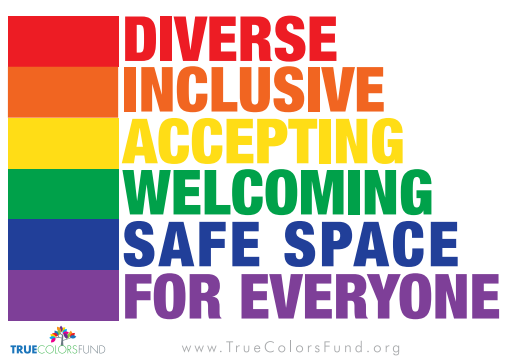Zen Buddhist Monk, Thich Nhat Hanh, passed away on January 22, 2022, in Vietnam at the age of 95. Many view him as the pioneer of the concept and practice of mindfulness being brought to the West and in American society. As a therapist that uses DBT (Dialectical Behavioral Therapy) with my clients, and in my personal life, I have a lot to thank him for, as mindfulness is the cornerstone of DBT. Marsha Linehan, the founder of DBT, even quotes him at length in the DBT manual, and she credits him with many of the DBT skills that are taught. Last summer, I was on a trip to Florida on a little island where most people bike around
rather than drive in their cars. I stopped into a bookstore and found Hanh’s copy of “How to Love”, and it was like a balm to my soul. His very first piece in the book is called “Heart Like a River,” and it’s a beautiful portrayal of how being mindful within us is actually an act of compassion, not just towards ourselves but also towards others.
It reads: “If you pour a handful of salt into a cup of water, the water becomes undrinkable. But if you pour the salt into a river, people can continue to cook, wash and drink. The river is immense. and has the capacity to receive, embrace and transform. When our hearts are small, our understanding and compassion are limited, and we suffer. We can’t accept or tolerate others and their shortcomings, and we demand that they change. But when our hearts expand, these same things don’t make us suffer anymore. We have a lot of understanding and compassion and can embrace others. We accept others as they are, and then they have a chance to transform. So, the big question is: how do we help our hearts grow?”
The very act of mindfulness, the art of paying attention on purpose without judgment, is the ability to create more space in ourselves. Space for what? Space to grow, expand, notice, and simply be and to sip at this moment. To take this a step further, Hanh reminds us in this writing that we must first accept what is before anything can be transformed or changed. Based on personal experience and what others tell me, this usually is the hardest part! How
can we accept something that we don’t like and is so hard to tolerate?! How do we accept something that goes against our values? It goes against our instincts in every way. But accepting something doesn’t mean that we agree with it or that we’re giving up on change. It just means that we recognize it, and we are fully present with its impacts.
For example, if we’re having an argument with a loved one, and we keep hitting a brick wall in finding a solution, mindfulness can help slow us down and pay attention to what our bodies are doing right now, and how that’s tied to our feelings right now. This is an act of compassion towards ourselves, and it enhances our awareness. If we start to accept the fact that we’re n the middle of this horrible argument with our loved one, we might start to notice our breath and the ground beneath our feet, and naturally, think about what we need at this moment. Do you need a break in another room? Do you need a glass of water? Do you need to take a walk around the block or just a deep breath?
This gives us a bigger capacity to handle stressful situations and also treat the other person with more compassion. What is amazing is this can create a chain reaction where the other person starts to do what you’re doing, and they start to slow down and manage their anger. Notice how we went from accepting the crappy argument to actually changing the situation? When we consider our hearts like rivers, we recognize that our hearts can expand and give space for more compassion and understanding. Things begin to feel more tolerable, and we recognize what is here right in front of us. Thich Nhat Hanh even taught that slowing down to enjoy tea breaks throughout the day to enjoy a warm beverage can be a miracle in itself.
So, he asks us, how DO we help our hearts grow?
-Written by Heidi Volkl
Click the link below for a guide on practicing mindfulness in the midst of resolving conflict!
Click the link below to learn about Thich Nhat Hanh’s 5 mindfulness exercises more in-depth!






